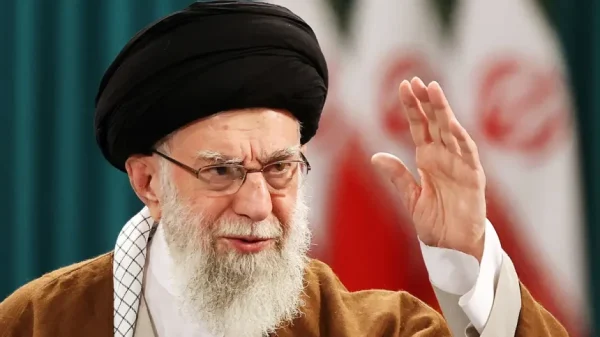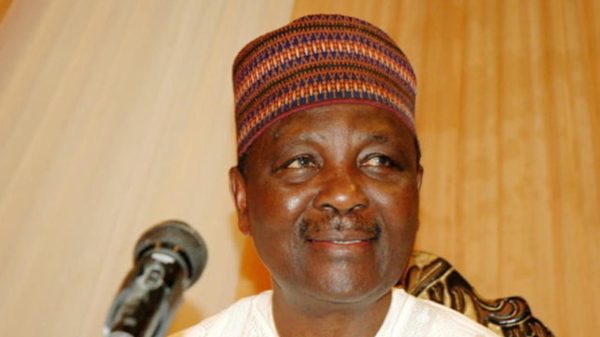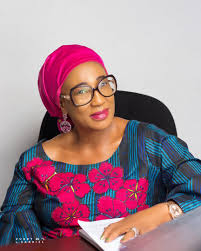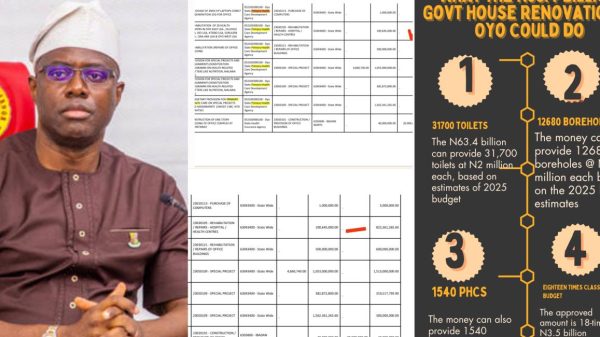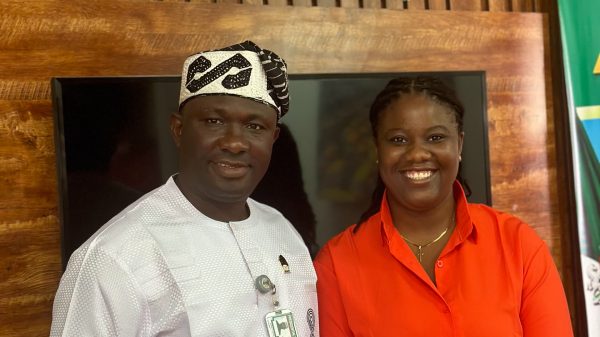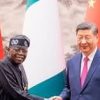In a major move to reform Nigeria’s power industry, the Federal Government has officially restructured the Transmission Company of Nigeria (TCN) into two separate entities. The two new organizations are the Independent System Operator (NISO) and the Transmission Service Provider (TSP).
This decision was made public following the inauguration of NISO’s board and management by Vice President Kashim Shettima on Tuesday, April 8, 2025.
Under the new arrangement, the TSP will manage the physical infrastructure of the transmission network — including towers, power lines, and substations — while the NISO will oversee operations, ensuring electricity is distributed efficiently from generation companies to distributors and eligible customers.
The split comes in line with the **Electricity Act 2023**, which mandates the creation of the Independent System Operator. This law aims to improve efficiency, transparency, and discipline within Nigeria’s power market.
Speaking at the inauguration, Abdu Mohammed, Managing Director and CEO of NISO, expressed the agency’s commitment to boosting electricity reliability and creating a fair market for stakeholders.
“Our goal is to ensure the availability, reliability, and quality of electricity supply to Nigerians,” he said. “We are also focused on fostering a transparent and orderly electricity market where all players comply with market rules and the grid code.”
Minister of Power Adebayo Adelabu had earlier stated that the TCN’s restructuring was critical due to the transmission sub-sector being a weak link in the nation’s energy value chain.
This restructuring marks a significant shift in Nigeria’s energy policy, especially as more institutions — including private universities and firms — begin to generate their own electricity, bypassing the national grid.
The NISO board members were recently appointed by President Bola Tinubu, as part of broader reforms to modernize and stabilize Nigeria’s power supply system.




